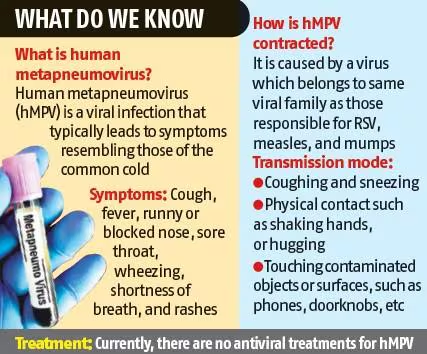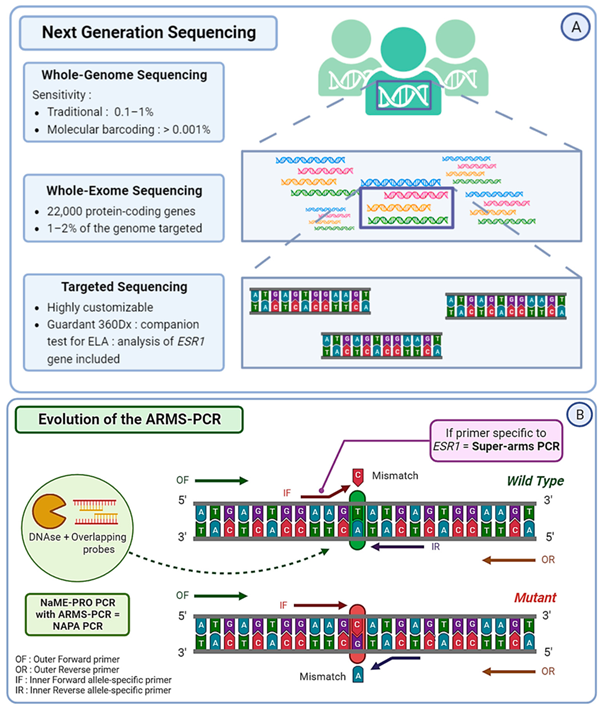TAG: GS 3: ECONOMY
THE CONTEXT: The 2024 Global Report on Food Crisis (GRFC) reveals alarming statistics regarding acute food insecurity worldwide.
EXPLANATION:
- Over 282 million people in 59 countries faced high levels of acute food insecurity in 2023, marking the fifth consecutive year of rising numbers.
- This figure represents approximately 22% of the analyzed population, surpassing pre-COVID-19 levels.
Drivers of Food Crisis:
- Conflict and insecurity emerged as the primary driver of food crisis in 20 countries, directly impacting 135 million people.
- Notably, regions like Palestine (Gaza Strip) and Sudan experienced severe crises, with Sudan facing one of the worst food crises globally.
- The conflict in Sudan expanded to its southeastern regions, crucial for national cereal production.
- Extreme weather events were another significant driver, affecting 18 countries and over 72 million people.
- The El Nino event and climate change-induced phenomena led to record-high temperatures, exacerbating droughts and floods worldwide, including in India.
- Economic shocks also contributed to the crisis, affecting 21 countries, particularly low-income and import-dependent nations.
- Despite decreasing global food prices, economic shocks left over 75 million people facing acute food insecurity.
Impact of Displacement:
- The report highlights the correlation between displacement and acute food insecurity, with 90 million forcibly displaced people across 59 countries, the highest in eight years.
- Sudan, grappling with conflict-induced displacement, became the world’s largest internal displacement crisis.
- Similarly, Gaza Strip saw around 80% of its population internally displaced by the end of 2023.
Forecast and Warning:
- An Integrated Food Security Phase Classification (IPC) analysis projected a further deterioration, with famine looming in North Gaza and a risk of famine across the rest of the strip.
- Approximately 1.1 million people were estimated to be experiencing catastrophic acute food insecurity.
Response and Recommendations:
- UN Secretary-General stressed the need for urgent action to address the crisis.
- Transforming food systems and tackling underlying causes of food insecurity and malnutrition were deemed vital.
- The report emphasizes the importance of utilizing its data to inform policy and interventions.
Improvements and Initiatives:
- Despite the dire situation, food security improved in 17 countries compared to the previous year, resulting in 7.2 million fewer people facing acute food insecurity.
- This underscores the potential for targeted interventions to mitigate crisis situations.
Collaborative Efforts:
- The GRFC is produced annually by the Food Security Information Network and launched by the Global Network Against Food Crises, a multistakeholder initiative involving UN agencies, the European Union, the United States Agency for International Development, and non-governmental agencies.
- This collaborative effort aims to address food crises comprehensively.





